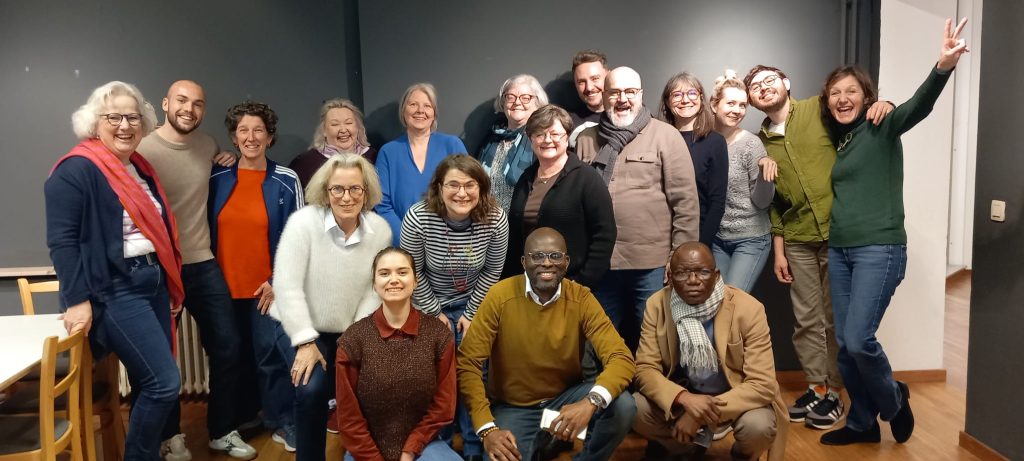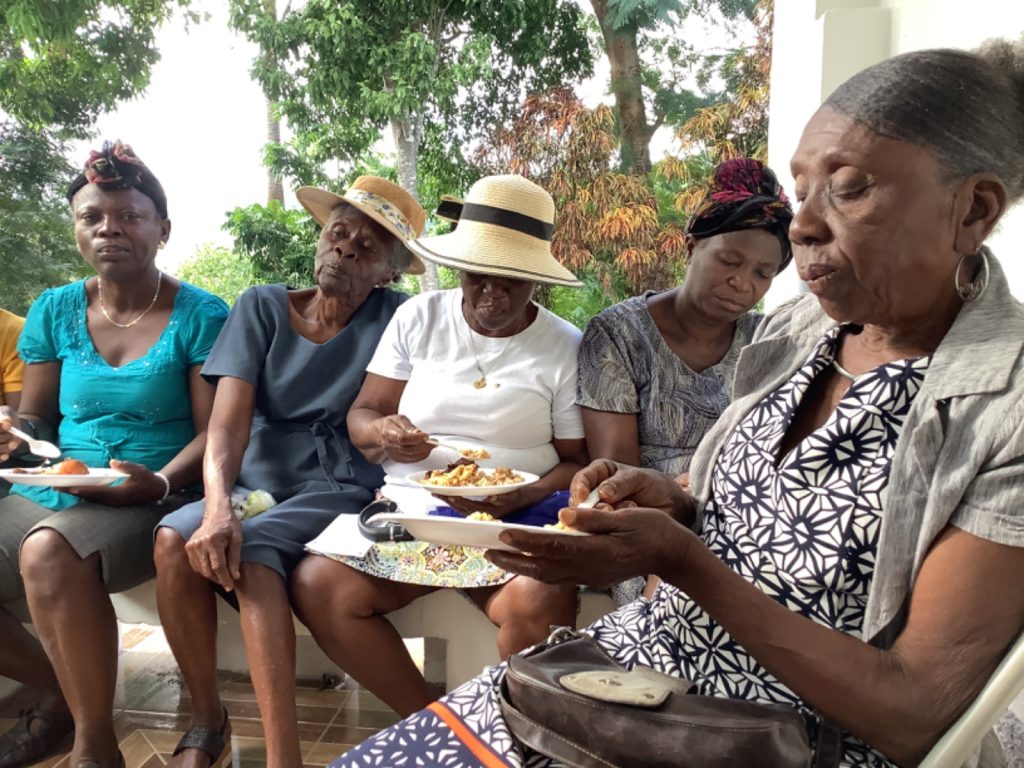Robot animals were introduced in nursing homes in Japan starting in 2009 to replicate the benefits of zootherapy. Many studies have been carried out and the results are good. During the Covid19 crisis , the Little Brothers Friends of the Elderly association in Chicago was able to experiment with this after receiving donated robot animals.
When did this project appear?
The first robot animal was Paro, a baby seal, invented in 2002 by Dr. Takanori Shibata to reproduce the benefits of zootherapy. Between 2009 and 2015, other robot animals were created. Experiments have been conducted in Japan and the United States. In nursing homes, they have given these robots to elderly people suffering from dementia disorders. The people were given 20-minute group sessions three times a week for three months, during which they had access to the PARO seal. Dr. Charlotte Yeh’s study showed that their anxiety decreased, as did their need for medication to relieve pain or behavioural problems. Dr. Charlotte Yeh noted an improvement in their mental health after one or two months of use. These experiments have been conducted in other locations and the results have been similar. Another study, conducted on 109 people by a provider of housing for the elderly in the United States, was similar: after six months, the robot animals had soothed the elderly and improved their social behaviour, as well as their mood and appetite.
Thousands of these robot animals have been sold in Japan, in the United States and in many other countries. In France, since 2015, several nursing homes have bought some for their residents. But some people have reservations and question the maintenance of a long-term relationship with a robotic animal, such as psychologist and anthropologist Sherry Turkle, from the Massachusetts Institute of Technology, who has studied our relationship with technological objects for fifteen years. She has observed a tendency among pet robot users to consider them alive and to be fooled by their pre-programmed reactions.
At the same time, more and more nursing homes are resorting to zootherapy to bring well-being to their residents, by installing aviaries, aquariums, or by involving specialized associations that offer workshops with animals trained for this purpose (dogs, rabbits, cats, ponies…). Animal-assisted therapy” is a practice that offers a therapeutic method based on the positive exchange between Man and Animal.
According to Laurie Orlov, who has been working in the technology industry for many years, “Covid19 has created a strange world in which no one can hug anymore. The tactile experience of holding an animal in one’s arms transcends this lack”. In fact, the health crisis has sparked a renewed interest in robotic animals and sales have increased.
The Chicago Experience
Before Christmas, the association Little Brothers – Friends of the Elderly received a donation of 5 robotic cats. A reflection was initiated to find out which of the isolated elders supported by the association could benefit the most from a robotized animal. The choice was made to entrust them to elders whose pets had died recently and whom they could not replace, as well as to people who were extremely lonely.
The program coordinators report on the impact of these animals on their elders: the first result is the joy of the elder who receives it. Ann is a coordinator in Chicago and she delivered two cats, one to Lucy and the other to Charlene. Both elders were surprised by the size and realism of the animal. Ann describes,  “Lucy was very excited to receive it. Then I showed her how the cat purrs and how real it looks and sounds. In addition to the fact that it goes into sleep mode and wakes up when touched, Lucy told me, “I can wake up, hug my cat and brush it, which gives me a warm feeling”.
“Lucy was very excited to receive it. Then I showed her how the cat purrs and how real it looks and sounds. In addition to the fact that it goes into sleep mode and wakes up when touched, Lucy told me, “I can wake up, hug my cat and brush it, which gives me a warm feeling”.
Charlene’s reaction was even more enthusiastic: “She loved it! She cried tears of happiness because it had made her so happy. She said it reminded her of her old cat who had just died”. Ann said, “I’m so happy that we were able to do this for them!”
Photo credit: Little Brothers Friends of the elderly
Sources: www.slate.fr / www.bfmtv.com / www.aarp.org







